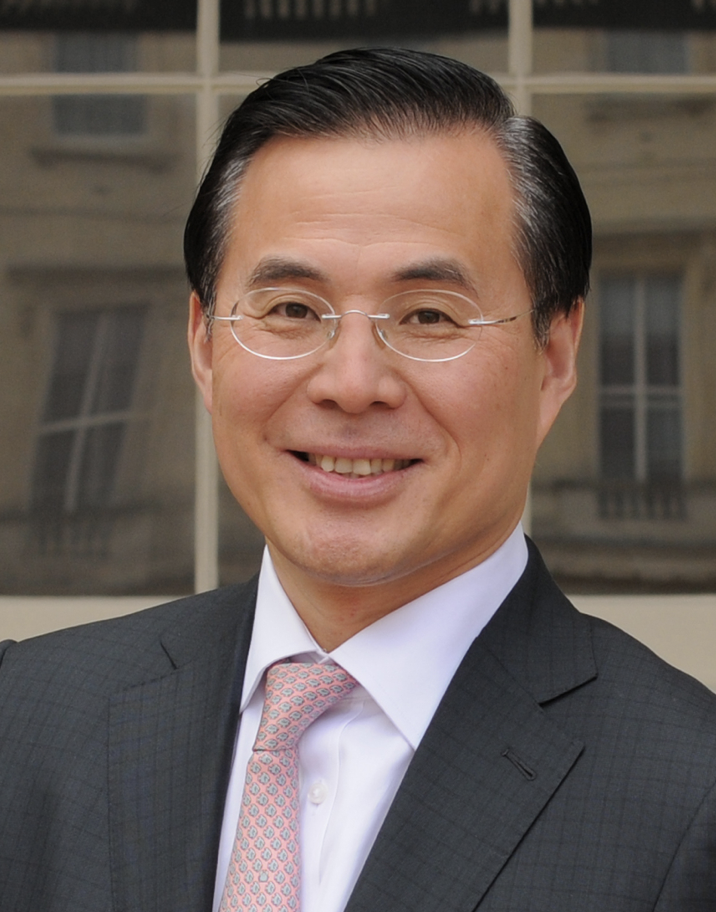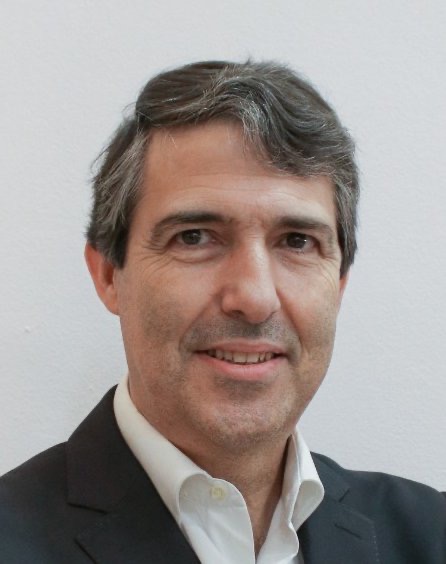
“Empowering Lives: Human-Centered Innovation in Health, Wellness, Aging, and Abilities”


One of the greatest challenges of the 21st century is how to cope with the consequences of demographic redistribution. These include the greater time spent in frailty in old age, the incidence of age-related diseases, as well as the political and economic ramifications that they introduce. Increased longevity is desirable but it is even more important to ensure that the added years are enjoyable, healthy and productive. As the founding editor for Science Robotics, Prof Yang will discuss the role of robotics for the ageing society and how surgical, assistive and rehabilitation robots will be used in future years. The talk will highlight the role of new materials and fabrication schemes for developing a new generation of robots that are multi-functional, power-efficient, compliant, and autonomous in ways akin to biological organisms, as well as biohybrid and bioinspired robots. The talk will also outline some of the new research directions of the Institute of Medical Robotics at Shanghai Jiao Tong University (IMR@SJTU) – a growing hub of research excellence and clinical synergy in medical robotics.
Professor Guang-Zhong Yang (CBE, FREng, FIEEE, FIET, FAIMBE, FIAMBE, FMICCAI, FCGI) is the founder and chief scientist of the Institute of Medical Robotics at Shanghai Jiao Tong University. He was the founder and director of the Hamlyn Centre for Robotic Surgery, Imperial College London, UK. Professor Yang’s main research interests are in medical imaging, sensing and robotics. He is a Fellow of the Royal Academy of Engineering, fellow of IEEE, IET, AIMBE, IAMBE, MICCAI, CGI and a recipient of the Royal Society Research Merit Award and listed in The Times Eureka ‘Top 100’ in British Science. Professor Yang is the founding editor of Science Robotics (http://robotics.sciencemag.org/) – a journal of the Science family dedicated to the latest advances in robotics and how it enables or underpins new scientific discoveries. He was awarded a CBE in the Queen’s 2017 New Year Honour for his contribution to biomedical engineering.

In recent years, robotics has evolved beyond industrial and research applications to become an active contributor to human well-being. This plenary talk presents a set of robotic projects developed at the Automation and Robotics Laboratory of the University of Minho (Guimarães, Portugal), focusing on how technology can directly improve people’s lives.
The presentation will highlight several ongoing initiatives that combine engineering, creativity, and social purpose. Among them is CHARMIE, a domestic and healthcare assistant robot designed to support elderly people or patients in hospitals and nursing homes; a wheelchair with omnidirectional motion, enabling greater mobility and independence for users with reduced mobility; and the adaptation of commercial toys for children with cerebral palsy, promoting play as a form of therapy and inclusion.
The session will also showcase the creation of RoboParty, an educational robotics event that introduces thousands of young students — including those with special needs — to the world of technology in an inclusive and playful environment.
The goal of this presentation is to demonstrate that robotics can and should be used to empower people, not replace them — providing autonomy, dignity, and joy through innovation. By combining academic research with social impact, these projects exemplify how engineering can serve humanity in meaningful ways.
Prof. Fernando Ribeiro is an Associate Professor with Habilitation at the University of Minho (Portugal), where he founded the Laboratory of Automation and Robotics (LAR) in 1998. Over the past three decades, he has led groundbreaking work in mobile and autonomous robotics, computer vision, artificial intelligence, industrial robotics, and automation. He has supervised numerous Master’s and PhD students, and published over 150 scientific papers, while giving more than 200 invited talks on robotics across the globe.
He is president of the Portuguese Robotics Society and Director/Editor of Robotica (Portuguese Scientific Journal).
A key figure in international robotics education and outreach, Prof. Ribeiro created RoboParty, a unique educational event that has introduced thousands of young people to robotics since 2007. The botnroll robot was specifically developed by his team for RoboParty. He also co-founded the spin-off company SAR (Solutions for Automation and Robotics), which develops industrial and educational robotic solutions (botnroll.com).
Prof. Ribeiro has been deeply involved in RoboCup since 1999, participating in leagues such as Middle Size League, @Home, Humanoid, and Junior Soccer and Dance. He served as a RoboCup Trustee (2013–2024), Vice-President (2018–2023), and has chaired and organized multiple national and international robotics competitions and symposiums.
His contributions have been recognized with numerous awards, including the Order of Public Education by the President of Portugal in 2005, for his impact on science and education. Prof. Ribeiro remains strongly committed to promoting STEM education, organizing events, school visits, and developing robotics clubs that inspire the next generation of engineers and scientists.

The 18 th International Convention on Rehabilitation Engineering and Assistive Technology (i-CREATe 2025) which will be held on November 24th-26th, 2025 at Bangkok, Thailand.


The Information Technology Foundation under the Initiative of Her Royal Highness Princess Maha Chakri Sirindhorn
73/1 National Science and Technology Development Agency Building, Rama 6 Road, Ratchatewi, Bangkok 10400, Thailand
Center for Biomedical and Robotics Technology
(BART LAB)
Faculty of Engineering, Mahidol University
999 Phutthamonthon Sai 4 Rd, Salaya,
Phutthamonthon, Nakhon Pathom 73170, Thailand
National Science and Technology Development Agency (NSTDA)
Thailand Science Park,
111 Khlong Nung, Phahonyothin Rd.
Khlong Luang, Pathum Thani 12120, Thailand
Copyright 2025 All Rights Reserved